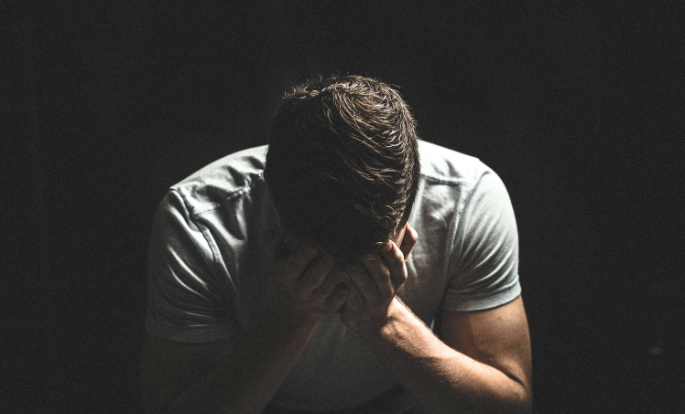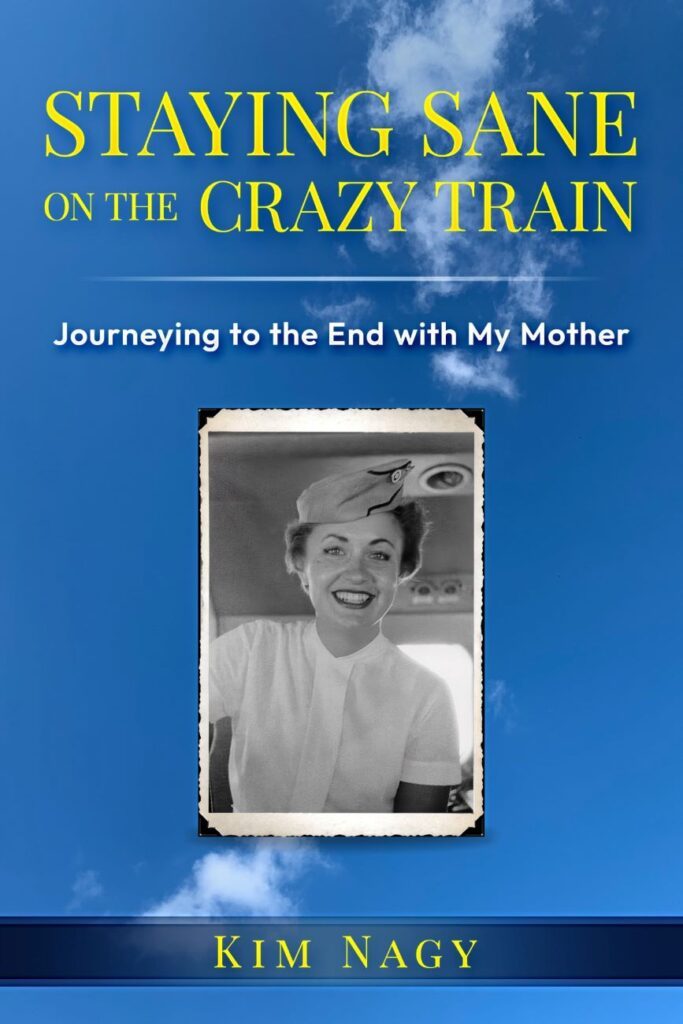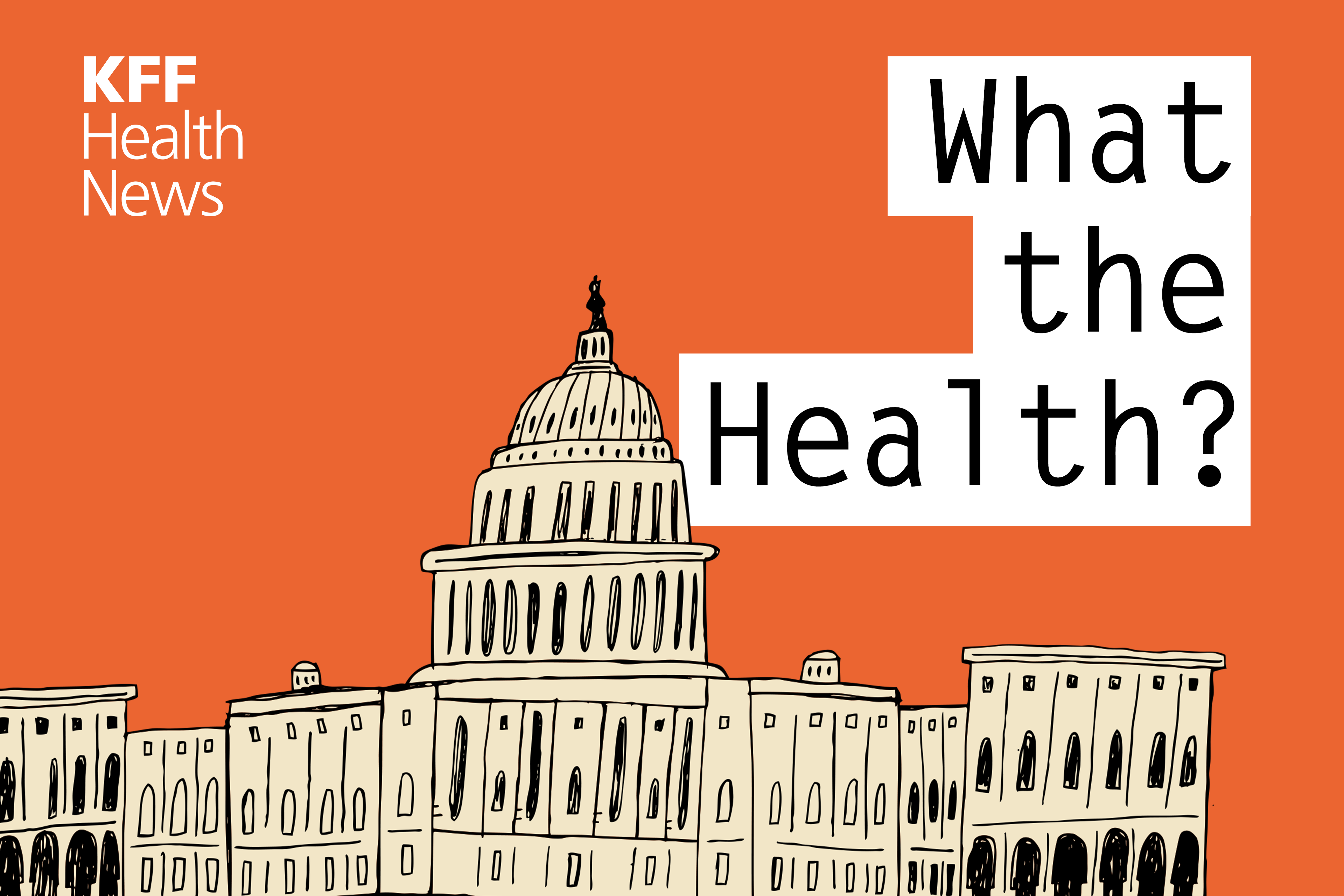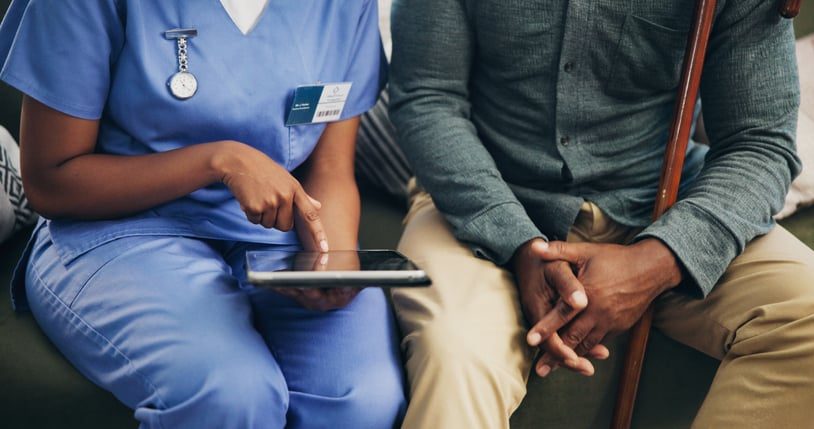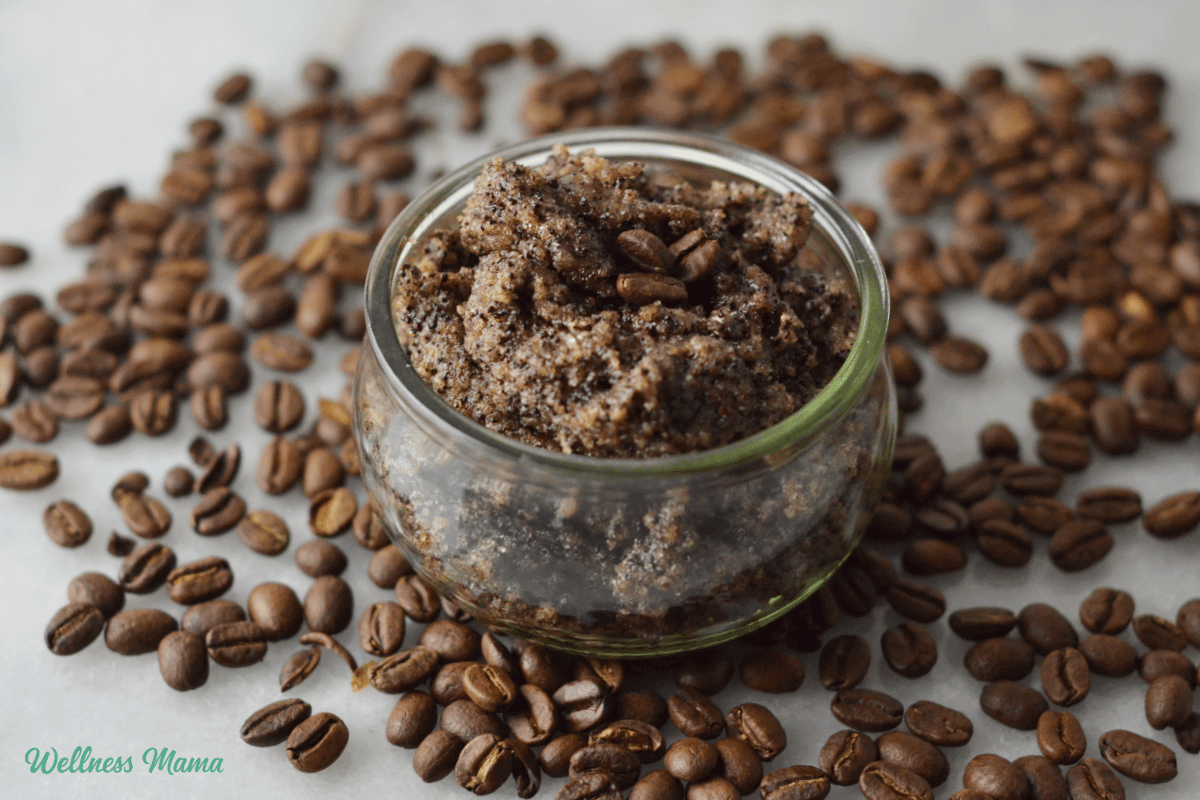
I was lying on the sofa in the middle of a 15-hour, drug-induced slumber. My victory for the day was rolling out of bed and making it to the next room. When I tried to speak, I slurred and felt like I was sinking into my fat, having gained 90 lbs in a year.
The alternative was worse — terrifying hallucinations, phantom voices, and paranoia. My medication was even dulling my intrusive thoughts and flashbacks. If I had to live at all — and I was taking it day by day — this was the best way.
This is the reality of mental illness. It isn’t pretty, quirky, or beneficial in any way. There are many horrible things about living with these conditions. My example above isn’t even the worst of them.
These are the toughest parts of living with mental illness.
1. Letting people down.
Mental illness is self-centered. When you’re in so much pain, you don’t have much time to think about others.
I ruined my dad’s final holiday to his beloved Scotland. My intrusive thoughts were so constant, and my depression was so great that we cut the holiday short. Despite the remote location, I was psychotic. I believed every dog walker I saw was a government agent being sent to kidnap me and send me to a secret death camp. My dad wouldn’t have had it any other way, but that only highlighted my feelings of selfishness.
I’ve spent the best part of 20 years refusing to confront my trauma. My mum tried everything to get me help, but I sabotaged or rejected it. The pain was too much to face.
I’ve argued with my girlfriend over the most petty things, leading to a cycle of guilt.
We always hurt the ones we love the most.
2. Not living up to my expectations.
After being bullied at school, I had a vision of how I wanted my life to pan out. I wanted to be a police officer and become as hard as nails. I wanted to be a tough guy that people respected.
I used to work out until I puked. I got a black belt in Karate and became an amateur boxer. I thought this was it, and I’d become everything I dreamed of. I remember speeding to an emergency on blue lights and thinking life doesn’t get any better than this.
But I built my toughness on a sugar pedestal, and when I started seeing real human tragedy, the rain came in and broke me. I was the same sensitive kid underneath who used to cry at road kill.
After losing my job to PTSD and losing my illusion of toughness, I sank into a dark depression that lasted years.
3. Depending on medication.
There’s a stereotype that medication for mental health conditions is for weak losers. I’m ashamed to admit I thought that myself. The first time a psychiatrist recommended medication, I felt sick with worry. If my illusion of toughness had been broken before, now it was being stamped on.
After much trial and error, the meds worked and have been the greatest instrument in my recovery. I have to take them for life, so I must pack them meticulously when going on holiday. I have to take them at sometimes inconvenient times like on a plane or in a restaurant. I can’t travel for too long because I need repeat prescriptions. Taking meds reminds me of the dark days and how I’ll never be “cured” in the conventional sense.
4. Knowing people make judgments.
When I was first medically retired, some people thought I was making my symptoms up as a way to get free money. One of my dad’s friends even chuckled when he told him, saying, “Oh, he’s going down that route, is he?”
I’ve known a few fellow police officers get badly assaulted. They got regular visits from their colleagues, cards, flowers, the works. The myth of the police family was in full swing.
None of that happened to me. The police told me to find my own therapy and pay for it. I had senior officers trying to get my medical records to see if I was being honest: no visits and a few compulsory phone calls from the same officers snooping on me.
I don’t know if the lack of compassion comes from disbelief or the fear from other officers that it may happen to them. They all have their catalog of painful incidents, and many suppress them. Maybe I’m a living reminder.
5. My desire to die and desire to live fighting each other.
I woke every day for years, disappointed that I was still alive. Yet I never seriously attempted suicide.
As bad as my desire to die grew, my desire to live fought with it. My mind was a raging battleground. I always knew my family and girlfriend loved me and that they’d never recover if I took that final step.
I knew that suicide causes ripples of pain that last for generations — a stigma the survivors can never erase. I couldn’t do it to them.
I was also scared of messing it up. I’m not afraid of being dead, but I’m scared of pain and lifelong disability.
For all these reasons, I held on. Sometimes, I took one day at a time. The best I could do was promise myself, “I won’t kill myself today.” That’s all we can do.
6. You’re on your own.
Every therapist I’ve ever met has been egotistical and useless. I’m not saying that’s true of all of them, and everyone should at least try therapy to help their mental health problems.
Caseworkers abandoned me because they ran out of treatment ideas.
I’ve had therapists throw cushions at me, tell me to pull myself together, and ignore me completely.
Until Covid saved me, I had to see a psychiatrist every few months. Every appointment was with a different doctor. Working in the National Health Service is a miserable experience. It meant no continuity, and the last time I went, they thought a fire caused my PTSD. It wasn’t, and I have no idea how far back that misconception goes.
I’ve tried private psychiatrists, one of whom told me he was the “rolls royce of psychiatry.” Although the continuity was there, so was the price tag and ego.
I’ve been an inpatient for a brief period, and it felt like prison.
Covid rescued me from these awful people, and I’ve fallen off the radar since 2020. I get my repeat prescription, but I don’t have to talk to anyone, and it’s a gift.
There’s a shock in thinking there is a giant apparatus of mental health professionals to help you and finding out it’s nothing more than a dysfunctional bunch of egotists. It hit me right between the eyes that, apart from medication, my recovery is down to me and my family, and we’re on our own.
7. The worst thing.
Everything I’ve written above combined is not as devastating as this key symptom of PTSD.
Every day for 20 years, I’ve had the same scenes play in my mind. They always start at the same point and play through to the end. I see and smell the bodies. I feel the cold and the rain. I can feel the touch of the dead as I had to search or help remove them. I can “hear” the silence.
I’ve seen dozens of dead bodies, but with every flashback, it’s like seeing them for the first time. So those dozens turn into thousands.
The same scenes that haunt me through flashbacks also come to me in dreams. And if I dare to feel happy or optimistic, they return with a vengeance.
My body left the police years ago, but my mind remains, keeping the city’s dirty secrets.
A silver lining.
These days, I’m better than I ever thought possible. As my pain has lessened, I think of others more, and I’ve found a way to redefine my life goals and what it means to be tough. Tough people face their pain and have compassion for others.
My new identity is as a writer and investor. I’m working on stopping looking outside of myself for validation. Everything I want and need is inside me, and it always was.
I’ve accepted my dependence on medication, and the side effects are nonexistent. I still have weight to lose, but I live my life without any real restrictions.
Although people will always make judgments, it doesn’t bother me. The people who know and love me understand, and that’s all I need. I also don’t need to tell everybody everything.
I wake up daily with purpose and experience life’s routine ups and downs without sinking into a depression.
The fact that I had little professional help has given me a sense of my strength. I’ve brought about my recovery. I also have an even deeper appreciation of my loved ones for being with me every step of the way.
Finally, I confronted my main trauma for the first time earlier this year. It hasn’t gone away, but I no longer live in fear under its shadow. As with everything else, I confronted it by myself, with the support of my family.
To anyone reading this, if I can recover and find happiness and purpose in a world I used to detest, you can, too. I hope you feel heard in the retelling of my struggles.
—
This post was previously published on MEDIUM.COM.
***
You may also like these posts on The Good Men Project:
 Escape the Act Like a Man Box
Escape the Act Like a Man Box  What We Talk About When We Talk About Men
What We Talk About When We Talk About Men  Why I Don’t Want to Talk About Race
Why I Don’t Want to Talk About Race  The First Myth of the Patriarchy: The Acorn on the Pillow
The First Myth of the Patriarchy: The Acorn on the Pillow Join The Good Men Project as a Premium Member today.
All Premium Members get to view The Good Men Project with NO ADS.
A $50 annual membership gives you an all access pass. You can be a part of every call, group, class and community.
A $25 annual membership gives you access to one class, one Social Interest group and our online communities.
A $12 annual membership gives you access to our Friday calls with the publisher, our online community.
Register New Account
Log in if you wish to renew an existing subscription.
Username
First Name
Last Name
Password
Password Again
Choose your subscription level
- Yearly - $50.00 - 1 Year
- Monthly - $6.99 - 1 Month
Credit / Debit Card PayPal Choose Your Payment Method
Auto Renew
Subscribe to The Good Men Project Daily Newsletter By completing this registration form, you are also agreeing to our Terms of Service which can be found here.Need more info? A complete list of benefits is here.
—
Photo credit: iStock.com
The post The 7 Toughest Parts of Living With Mental Illness appeared first on The Good Men Project.
Original Article

